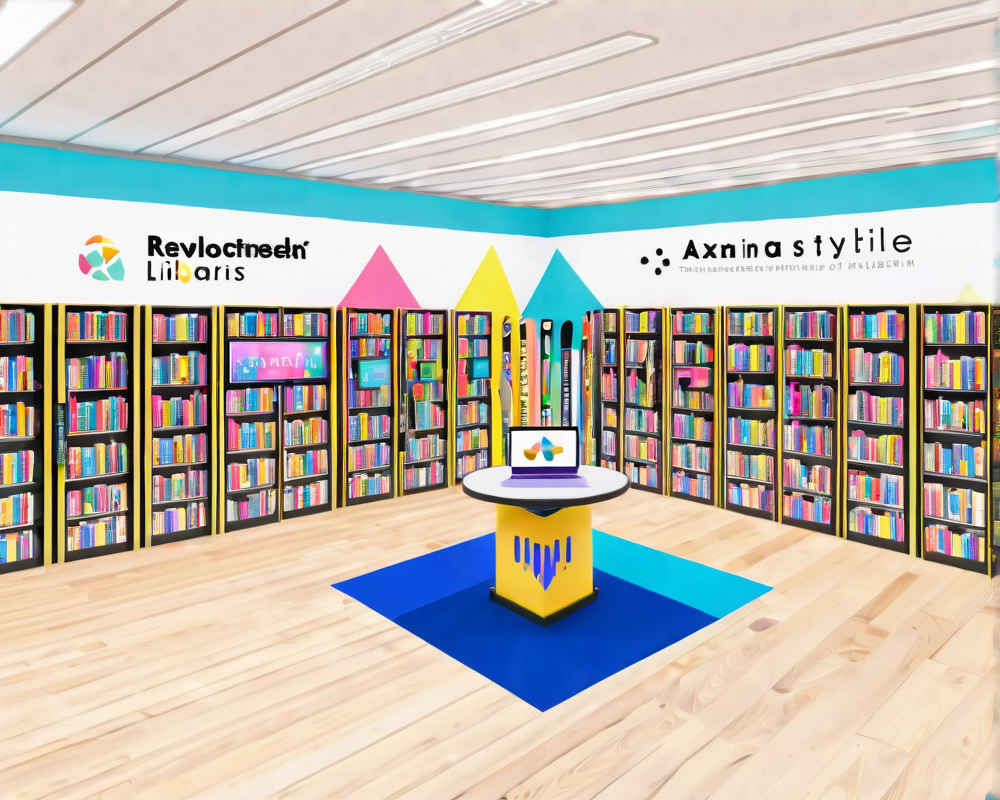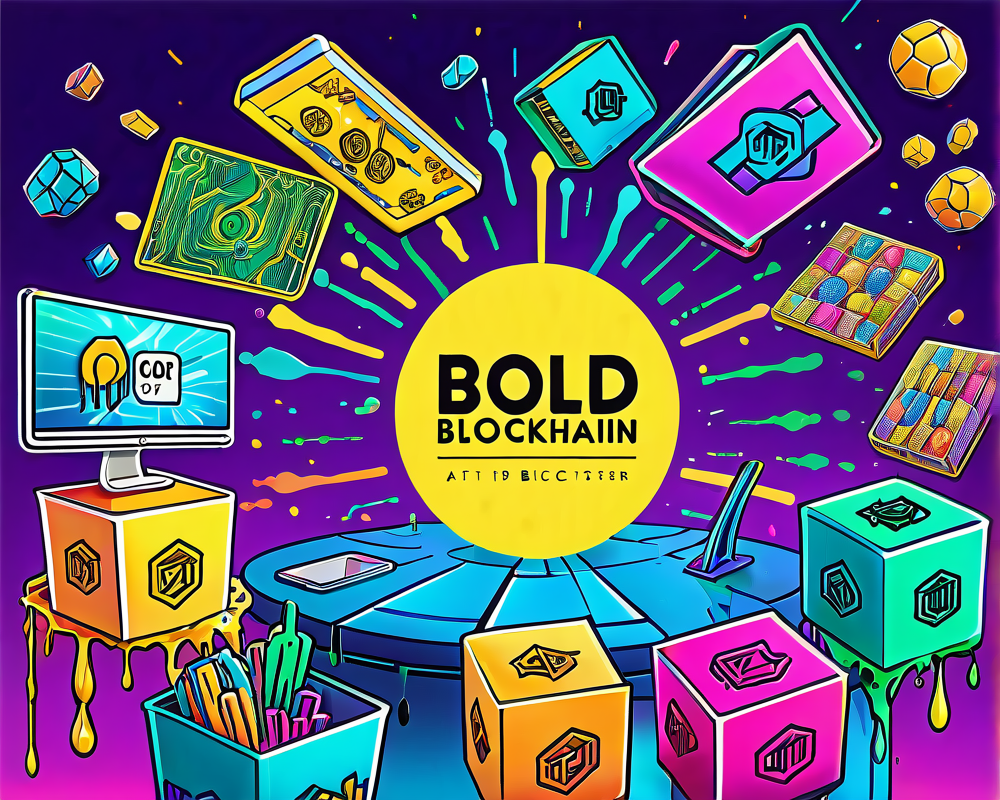The Dawn of Decentralized Libraries
In a world increasingly longing for unfiltered access to information, the San Diego-based startup Blocktech has thrown a spanner in the works with their crowdfunding initiative for Alexandria. This isn’t just a library; it’s a bold leap into a decentralized future where every media, from videos to 3D-printed goodies, is at your fingertips without governmental red tape or server limitations.
What is Alexandria?
Imagine a library without walls, where anyone can publish their material without the fear of it being yanked away by a faceless authority. Alexandria is somewhat like YouTube or Soundcloud but without the pesky servers. Instead, it operates on peer-to-peer networking, distributing content directly from user to user. As CEO Devon Read puts it, “You can self-publish anything you wish, under your exclusive control. Your media, your rules.” Sounds like the stuff of dreams, right?
The Tech Behind the Magic
Now, for all you tech enthusiasts out there, let’s break it down. Alexandria uses blockchain to store and circulate magnet links, which connect to BitTorrent for file-sharing. Unlike old-school torrent sites, Alexandria keeps censorship at bay by eliminating centralized servers. So, unless someone stops mining Florincoin, Alexandria will be there, unyielding and ready to rock.
Unlocking Creative Freedom
It’s not just about sharing; it’s about enabling voices. With Alexandria, activists can document police misconduct without the worry of getting shut down, whistleblowers can shed light on shady dealings, and creatives can showcase their works without the chains of traditional ad revenue. Alexandria aims to flip the script on the ad model that many rely on by introducing direct audience payments. Read’s disdain for ineffective web ads resonates with many content creators: “Artists earn less than a dollar from every 1000 streams – crazy, right?”
The Future of Alexandria
As Alexandria ramps up its crowdfunding campaign, the team has ambitious plans. They hope to spend US$36,000 to launch a private beta and a further US$42,000 for an open-source public beta. With future features in the agenda and possibly shifting to another blockchain if beneficial, the wheels are already in motion for an incredible evolution in how we consume and share media.




